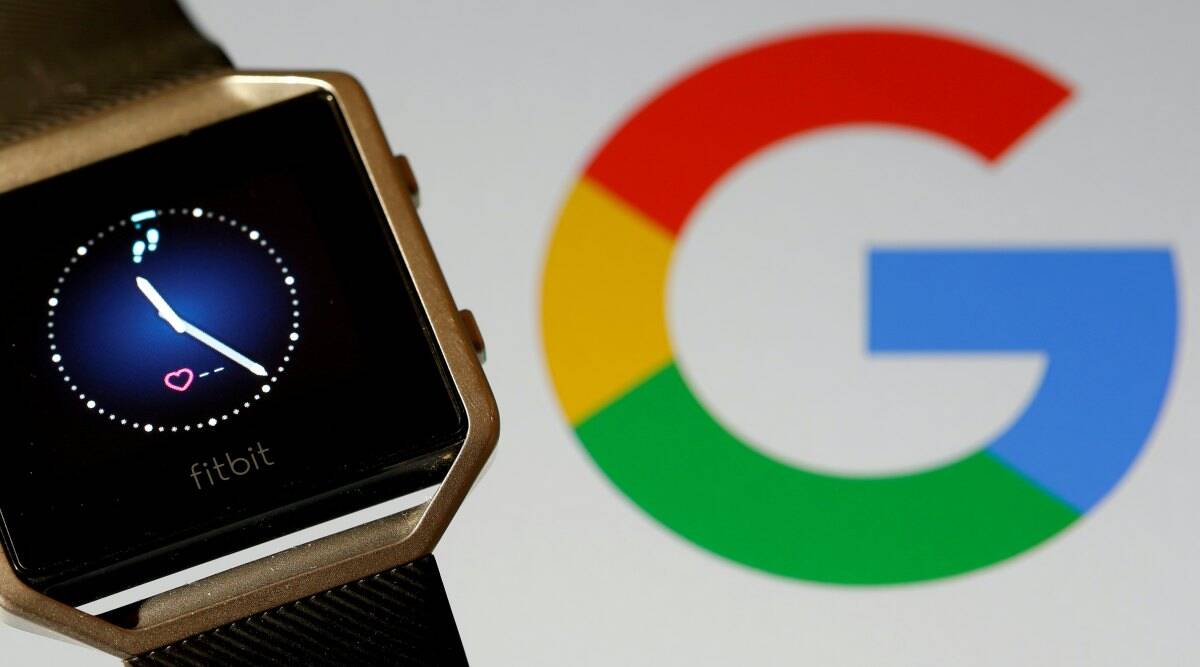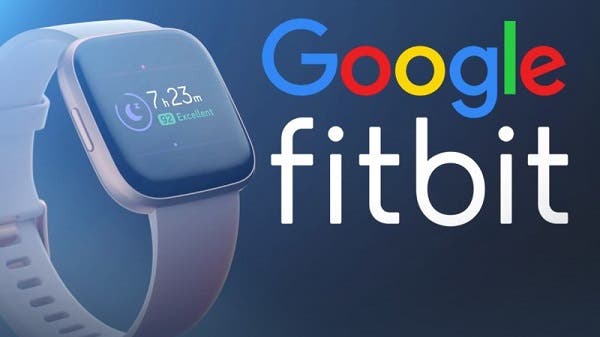After a long antitrust investigation, Google officially acquired the wearable device brand Fitbit for $2.1 billion on January 14th. At present, Fitbit has sold more than 120 million devices worldwide and has a broad user base. According to Forbes, after the acquisition was announced, some users expressed concerns about their private information. Google is a huge data company that is good with using user information for specific advertising.

Users worry that receiving such specific and health-related adverts mean that their private information has been leaked. However, there have assurances from both sides of the divide
Fitbit CEO, James Park’s words are the most reassuring.
“Google will continue to protect Fitbit users’ privacy and has made a series of binding commitments with global regulators, confirming that Fitbit users’ health and wellness data won’t be used for Google ads and this data will be kept separate from other Google ad data,” he writes.
The promise is part of the EU’s previous antitrust investigation. If Google wants to acquire Fitbit, it must promise that Fitbit data needs to be in a separate warehouse. In addition, the EU also prohibits Google from restricting smart wearable devices of other brands in order to ensure fair competition.
These commitments are valid for 10 years, but the EU can choose to extend them. According to data from Counterpoint Research, in the first half of 2020, the global market share of Fitbit smartwatches was only 2.4%. The likes of Apple, Garmin, Huawei, and Samsung are ahead with 51.4%, 9.4%, 8.3%, 7.2% respectively.
After many tussles, Google now owns Fitbit
For this deal to pull through, Google had to go through a lot of obstacles. Most of the obstacles were from the EU. In fact, the EU had to collect feedback from rivals and customers before accepting Google’s concessions. However, this did not stop the deal from getting some criticism from healthcare providers, wearable rivals, and privacy advocates.





